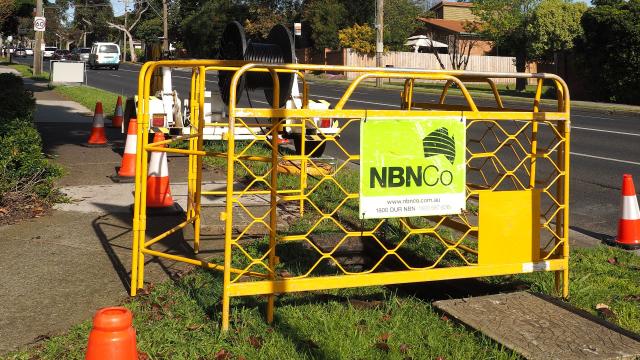There’s been a surge in “remote access” scams of late, with more than 8,000 Aussies losing a total of $4.4 million to Telstra, NBN, Microsoft and even NSW Police impersonators.
Here’s what to be on the lookout for.
The goal of the scammers is to get access to your computer and steal money or banking information, using software like TeamViewer and a legit-sounding story.
“The scammers are becoming more sophisticated. The old trick scammers used to use was to call people and say there was a virus on their computer that needed fixing but, in a new twist, scammers are now telling people they need their help to catch hackers,” ACCC Deputy Chair Delia Rickard said.
The scammers claim they are tracking the ‘scammers’ or ‘hackers’, and tell you that your computer has been both compromised and being used to send scam messages. With your help, they say, they can use your computer and online banking to trap the (fake) ‘scammer’.
The scammer will then pretend to deposit money into your account. In reality, the scammer just shuffles money between your accounts (for example, from your credit card account to a savings account), which gives the illusion of money being deposited. The money is then sent out of your account as part of the con to ‘catch a scammer’, straight to the scammer’s own bank accounts.
Once the scammer has you on the hook, if you start to doubt the situation, the scammer will become threatening, stating that you will jeopardise the investigation if you refuse to help — and may even face legal consequences.
These types of scam can be pretty full on. Scammers can become threatening and aggressive if they sense they are ‘losing’ you, or if you are starting to cotton on. This is particularly frightening for older people who may not be as tech-savvy.
“It’s vital that people remember they should never, ever, give an unsolicited caller access to your computer, and under no circumstances offer your personal, credit card or online account details over the phone,” Rickard said.
“If you receive a phone call out of the blue about your computer and remote access is requested, it’s a scam 100 per cent of the time. Just hang up.”
For more advice on how to avoid or report scams, visit Scamwatch (link is external). People can also follow @scamwatch_gov (link is external) on Twitter and subscribe to Scamwatch radar alerts.
[referenced url=”https://gizmodo.com.au/2018/08/theres-a-jb-hi-fi-scam-happening-right-now/” thumb=”https://gizmodo.com.au/wp-content/uploads/2018/08/jb-scam-410×231.jpg” title=”There’s A JB Hi-Fi Scam Happening Right Now” excerpt=”Earlier this year fake PayPal and Optus texts and emails were being used to scam unsuspecting Australians, and now it looks like it’s JB Hi-Fi’s turn. A text message has been circulating from ‘JBHiFi’ that is definitely not from the retailer. Here’s what you need to know.”]
